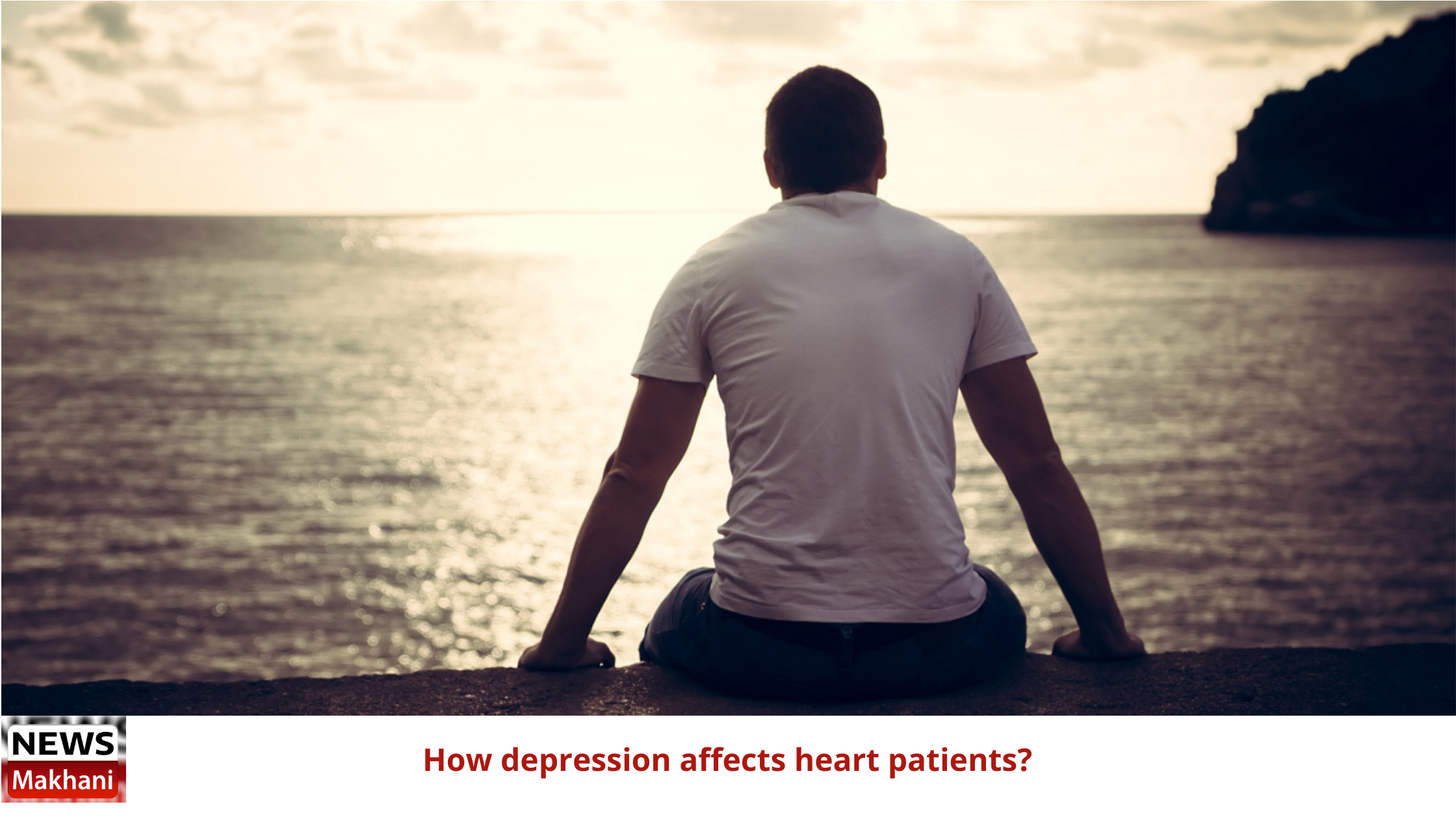Heart patients are at extra risk of going into depression. About one-fifth of cardiovascular disease patients suffer from depression.
Lead author Victor Okunrintemi from Baptist Health South Florida in Coral Gables, Florida said, “While we don’t know which comes first–depression or cardiovascular disease–the consensus is that depression is a risk marker for cardiovascular disease, meaning if you have cardiovascular disease, there is a higher likelihood that you could also have depression, when compared with the risk in the general population.”
A study was conducted dividing people into two groups: those who had been diagnosed with depression and those who had not been diagnosed with depression. Based on responses, patients who had not been diagnosed with depression were divided into high- and low-risk groups for depression.
When researchers compared high- and low-risk groups of cardiovascular patients without depression, they found:
- Those at high risk for depression spent more on very expensive healthcare as compared with patients in the low-risk group.
- High-risk patients for depression were more than two times more likely to be hospitalized in comparison with low risk patients.
- High-risk patients were more than five times more likely to have a poor self-perceived health status, and almost four times more likely to be dissatisfied with their healthcare.
- Patients at high risk for depression had notably worse healthcare-related quality of life.
In a second study comparing health resource use and expenditures among heart attack patients with and without depression, it was found that heart attack patients diagnosed with depression were 54 percent more likely to be hospitalised in comparison to those not diagnosed with depression.
Depression and heart attack often exist hand in hand, which has been associated with worse health experiences for these patients. A more aggressive depression screening at follow-up visits should happen for heart attack patients to tackle this problem.

 हिंदी
हिंदी






